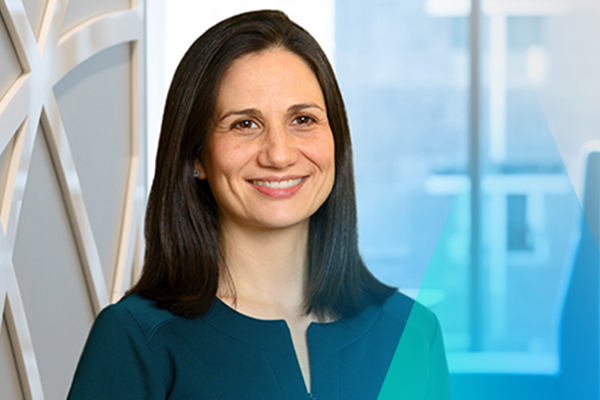New Analysis Finds Medicare Payments Higher for Episodes Initiated in Hospital Outpatient Departments
Summary
A new analysis by Avalere examines differences in Medicare spending for episodes of care before and after cardiovascular imaging, colonoscopy, and evaluation and management services. Avalere applied a risk adjustment methodology to account for differences in patient demographics and patient severity across settings. The findings suggest when care is initiated in the typically higher-paying HOPD setting than in physicians' offices and ambulatory surgical centers, the services that follow also result in higher spending relative to when care is initiated in the office setting.Medicare beneficiaries can receive the same services in different outpatient settings, yet various providers in those settings can receive different payments for that care and beneficiaries can face different cost-sharing amounts. For example, a Medicare beneficiary could receive a colonoscopy in an HOPD, an ASC, or a physician office. Each setting of care has its own Medicare payment system as defined in statute and implemented by the Centers for Medicare & Medicaid Services (CMS) and can result in significant differences in Medicare payment rates for many services. Avalere assessed Medicare payment differentials for episodes of care across the HOPD and physician office setting for three services commonly provided in outpatient settings: cardiovascular imaging, colonoscopy, and evaluation and management services. We also examined payment differentials for the ASC setting as part of our colonoscopy analysis.
Two major takeaways emerged from the research. First, payments for services in the HOPD are higher for the primary service and also for many related services during the episodes examined. Thus, the higher payments often associated with an HOPD procedure are not limited to the primary procedure but can extend to related services performed adjacent to the primary procedure analyzed. Second, many HOPD-based procedures tend to be followed by a higher rate of additional procedures in the HOPD setting compared to office-based procedures.
Together, these findings suggest the payment differential beginning with the initial HOPD service may extend and amplify throughout the entire episode.
The full report is available here.
The Physicians Advocacy Institute provided funding for this research. Avalere maintained full editorial control.







